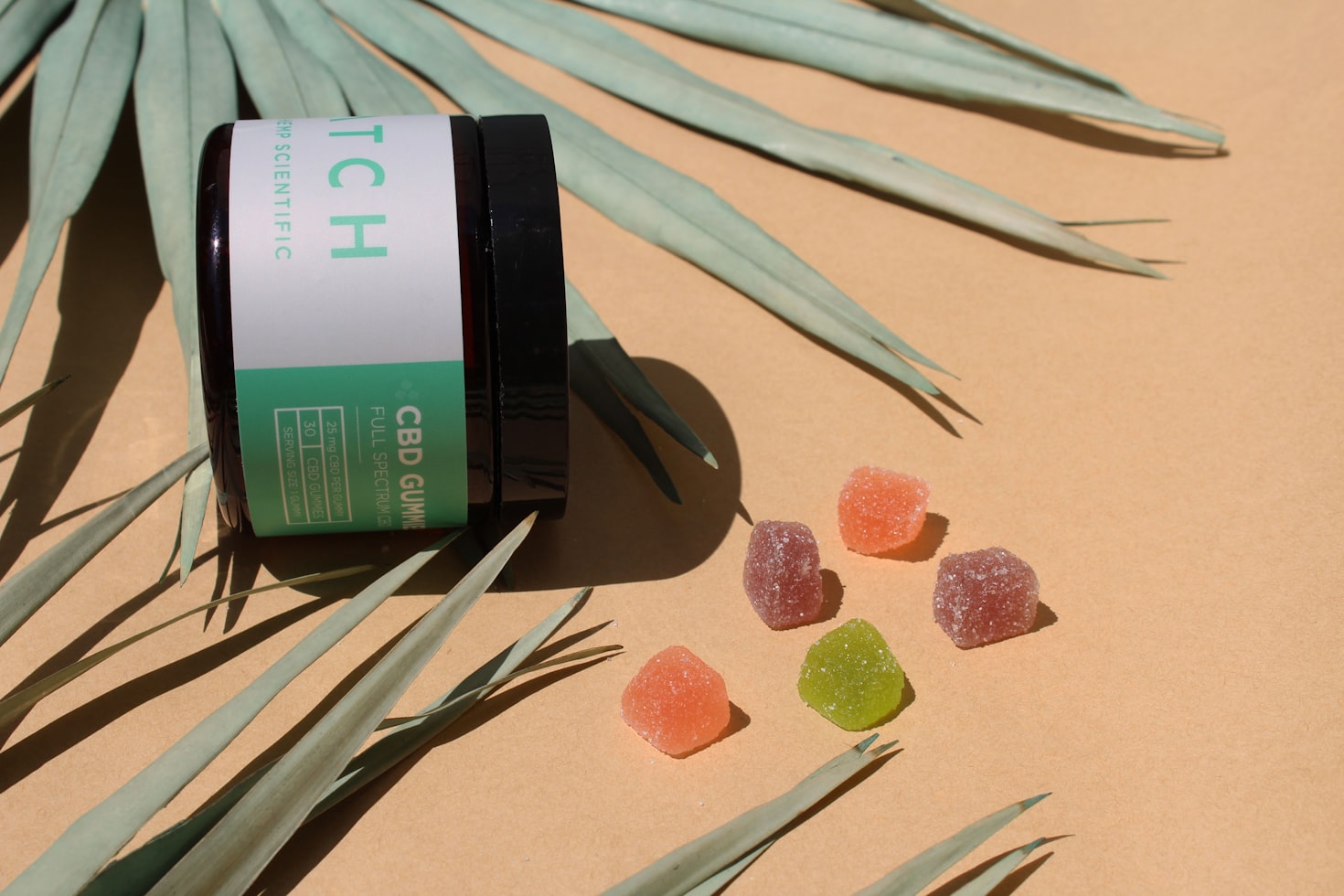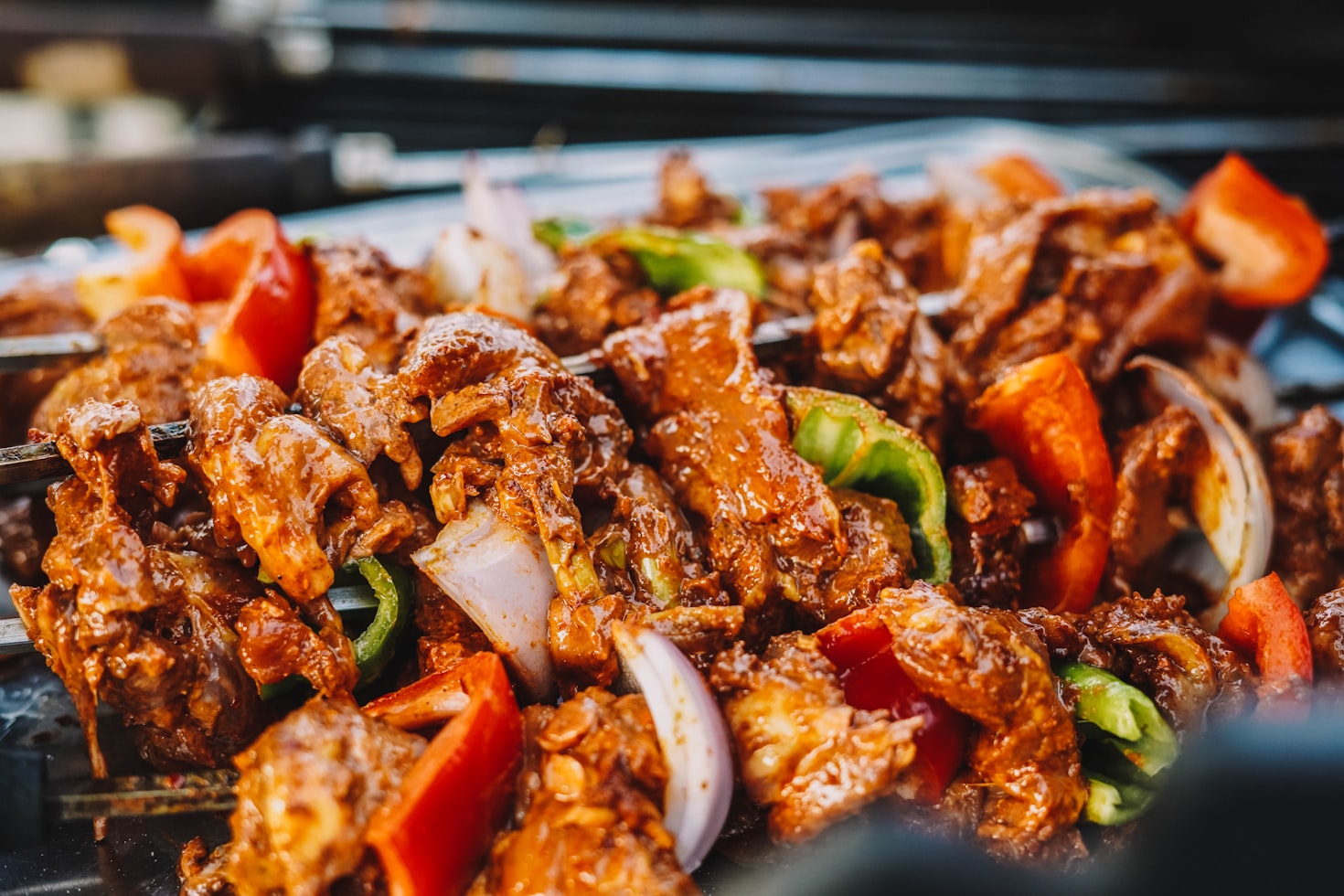How Many Grams Of Sugar Can You Have On Keto
The ketogenic diet, or keto diet, has gained significant popularity in recent years due to its potential for weight loss and various health benefits. This low-carb, high-fat diet aims to put your body into a state of ketosis, where it burns fat for fuel instead of carbohydrates. While the focus of the keto diet is on reducing carbohydrate intake, it’s essential to understand how many grams of sugar you can have while following this eating plan.
The Basics of the Keto Diet
The keto diet involves drastically reducing your carbohydrate intake and replacing it with healthy fats. By doing so, your body enters a metabolic state called ketosis, where it becomes efficient at burning fat for energy. This shift in metabolism can lead to weight loss and improved overall health.
On a standard keto diet, the macronutrient breakdown typically consists of:
- 70-75% of calories from fat
- 20-25% of calories from protein
- 5-10% of calories from carbohydrates
The Role of Sugar on the Keto Diet
Sugar is a type of carbohydrate that is quickly broken down by the body into glucose, causing a spike in blood sugar levels. Consuming too much sugar can hinder the process of ketosis and make it challenging to achieve and maintain the desired state.
When following the keto diet, it is crucial to limit your sugar intake to a minimum. Ideally, you should aim for no more than 20-30 grams of net carbs per day, with most of these carbs coming from non-starchy vegetables.
Understanding Net Carbs
Net carbs are calculated by subtracting the grams of fiber from the total grams of carbohydrates in a food item. Since fiber is not digested by the body and does not significantly impact blood sugar levels, it is subtracted from the total carb count.
For example, if a food item contains 10 grams of carbohydrates and 5 grams of fiber, the net carb count would be 5 grams. This is because the body only metabolizes the net carbs, not the fiber.
Hidden Sugars to Watch Out For
While it’s easy to identify obvious sources of sugar like candy, soda, and desserts, there are many hidden sugars that can unknowingly sabotage your keto efforts. Some common sources of hidden sugars include:
- Processed foods: Many processed foods, such as sauces, dressings, and condiments, contain added sugars. Always check the ingredient list and nutrition label for hidden sugars.
- Fruit: While fruits are generally considered healthy, they can be high in natural sugars. It’s best to choose low-sugar fruits like berries in moderation.
- Artificial sweeteners: Some artificial sweeteners, such as maltitol and sorbitol, can still raise blood sugar levels and impact ketosis. It’s important to choose sweeteners that have minimal impact on blood sugar, such as stevia or erythritol.
Frequently Asked Questions
1. Can I have any sugar on the keto diet?
No, it is best to avoid all forms of sugar while following the keto diet. Sugar can hinder ketosis and make it difficult to achieve the desired metabolic state.
2. Are there any sugar substitutes allowed on keto?
Yes, there are several sugar substitutes that are considered keto-friendly. These include stevia, erythritol, monk fruit extract, and sucralose. However, it’s important to use them in moderation and be mindful of their impact on your blood sugar levels.
3. Can I consume fruits on the keto diet?
While fruits contain natural sugars, some low-sugar options like berries can be enjoyed in moderation on the keto diet. It’s important to track your carbohydrate intake and choose fruits with lower net carb counts.
4. How can I satisfy my sweet cravings on keto?
There are several ways to satisfy sweet cravings on the keto diet without consuming sugar. You can opt for keto-friendly desserts and treats made with sugar substitutes, enjoy dark chocolate with a high percentage of cocoa, or indulge in naturally sweetened foods like berries.
5. Can I have cheat days with sugar on the keto diet?
Cheat days, where you consume high amounts of sugar and carbohydrates, can disrupt ketosis and hinder your progress on the keto diet. It’s best to avoid cheat days and focus on maintaining a consistent low-carb, high-fat eating plan.
6. What are the risks of consuming too much sugar on keto?
Consuming too much sugar on the keto diet can prevent you from entering or maintaining ketosis. It can also lead to blood sugar imbalances, cravings, and hinder weight loss progress. Additionally, excessive sugar intake can increase the risk of various health issues, including diabetes and heart disease.
Summary
When following the keto diet, it’s crucial to limit your sugar intake to a minimum. Aim for no more than 20-30 grams of net carbs per day, with most of these carbs coming from non-starchy vegetables. Be mindful of hidden sugars in processed foods, choose low-sugar fruits in moderation, and opt for keto-friendly sugar substitutes. By understanding the role of sugar on the keto diet and making informed choices, you can maximize the benefits of this eating plan and achieve your health and weight loss goals.






